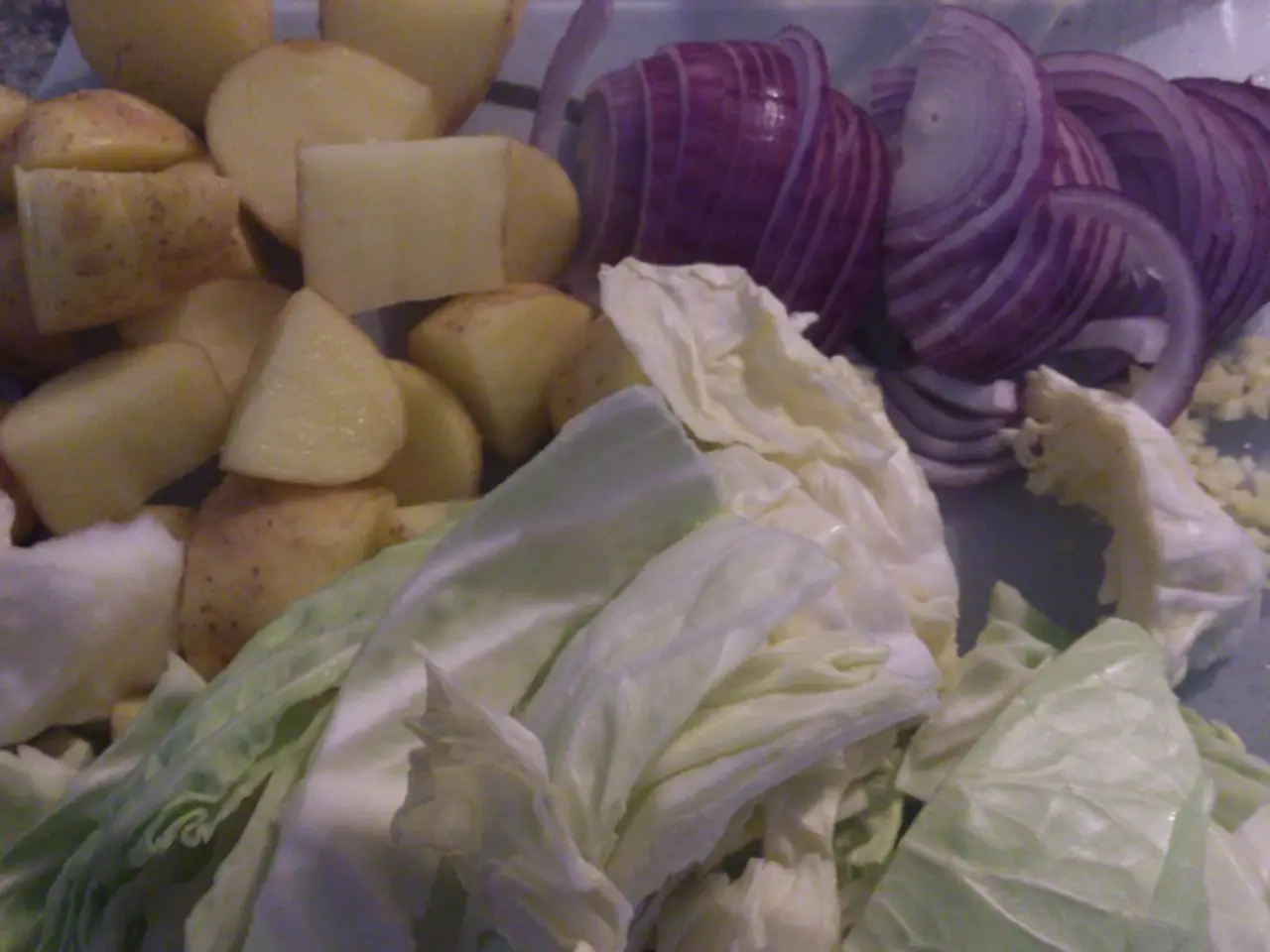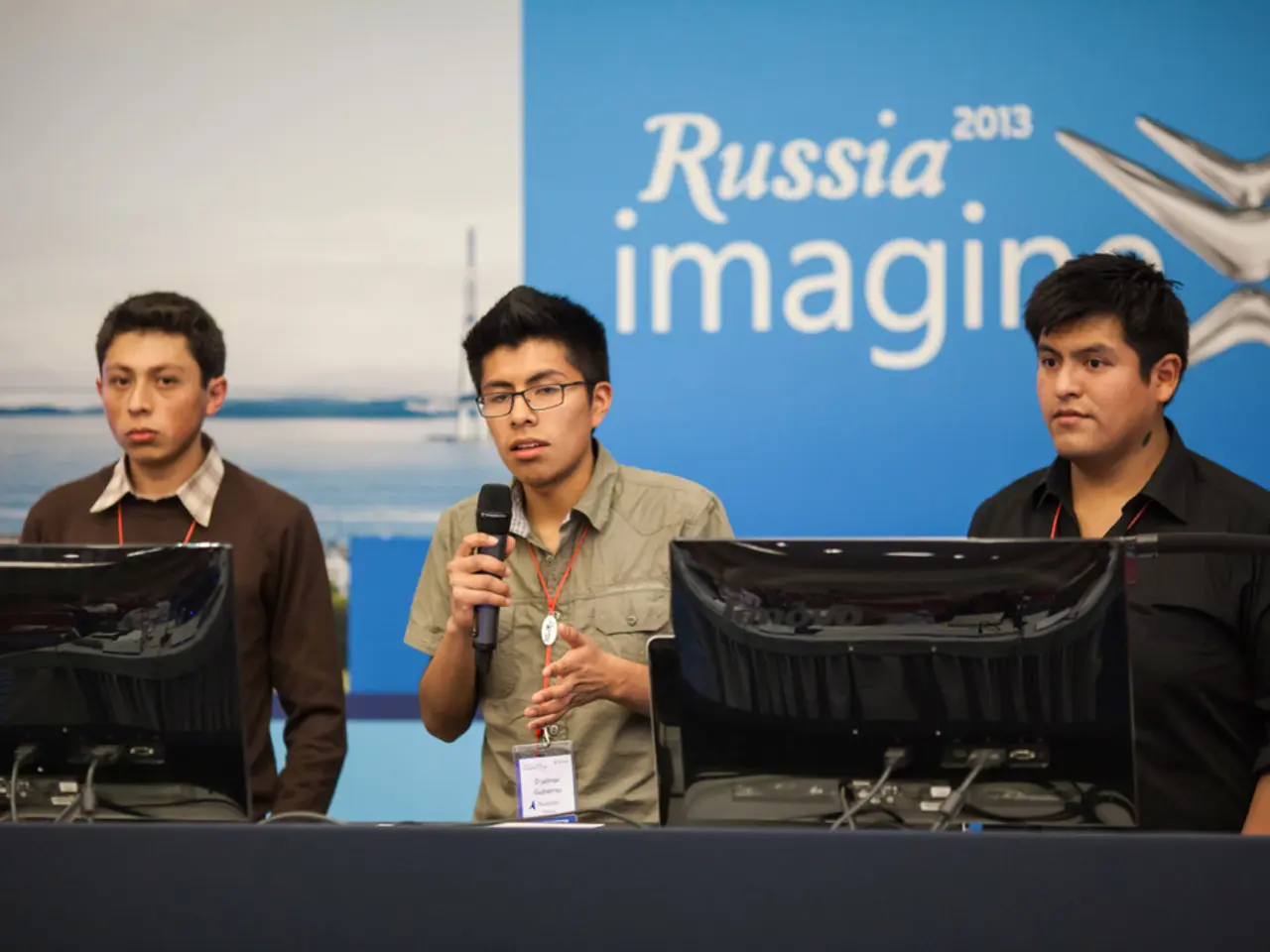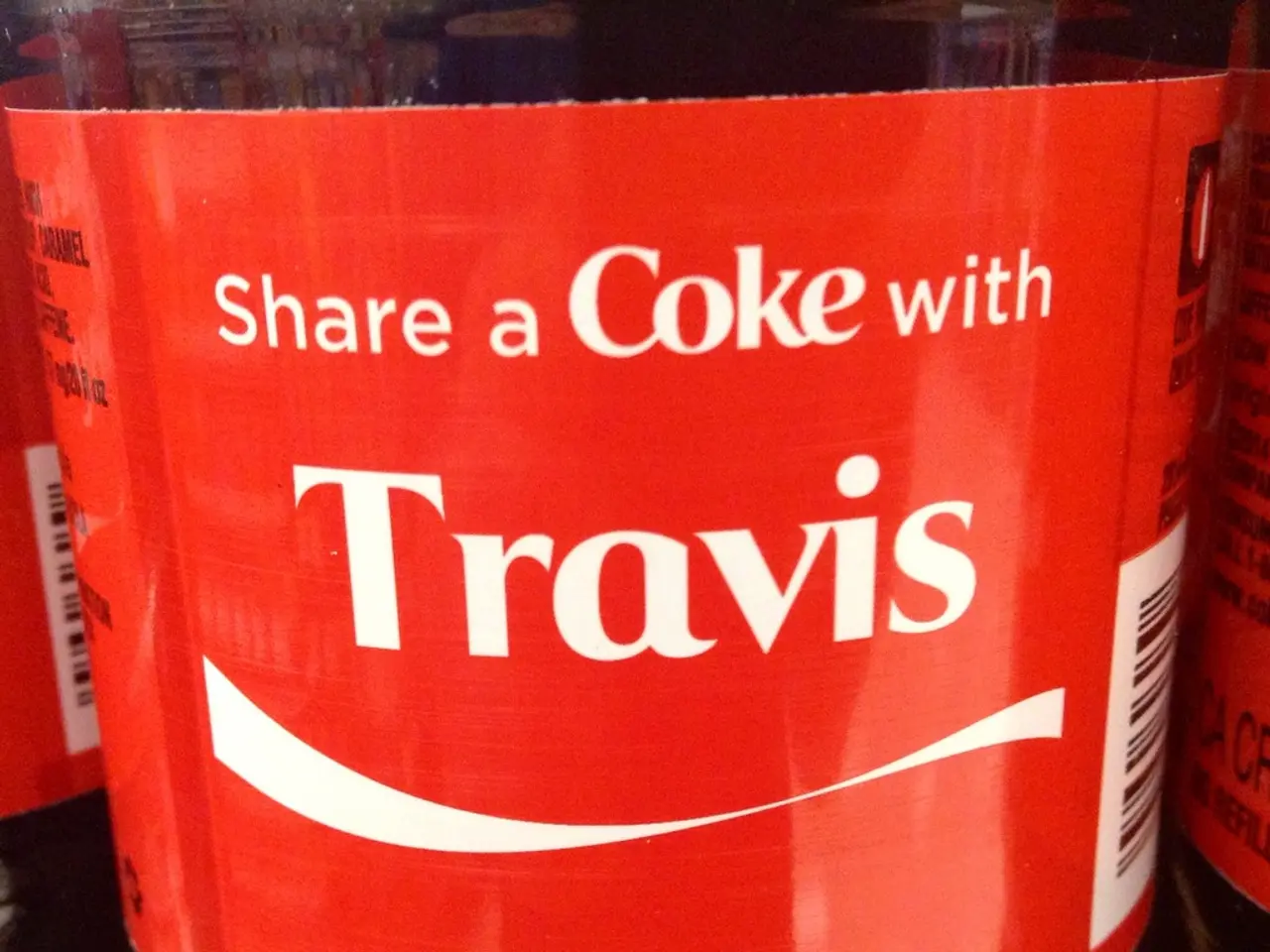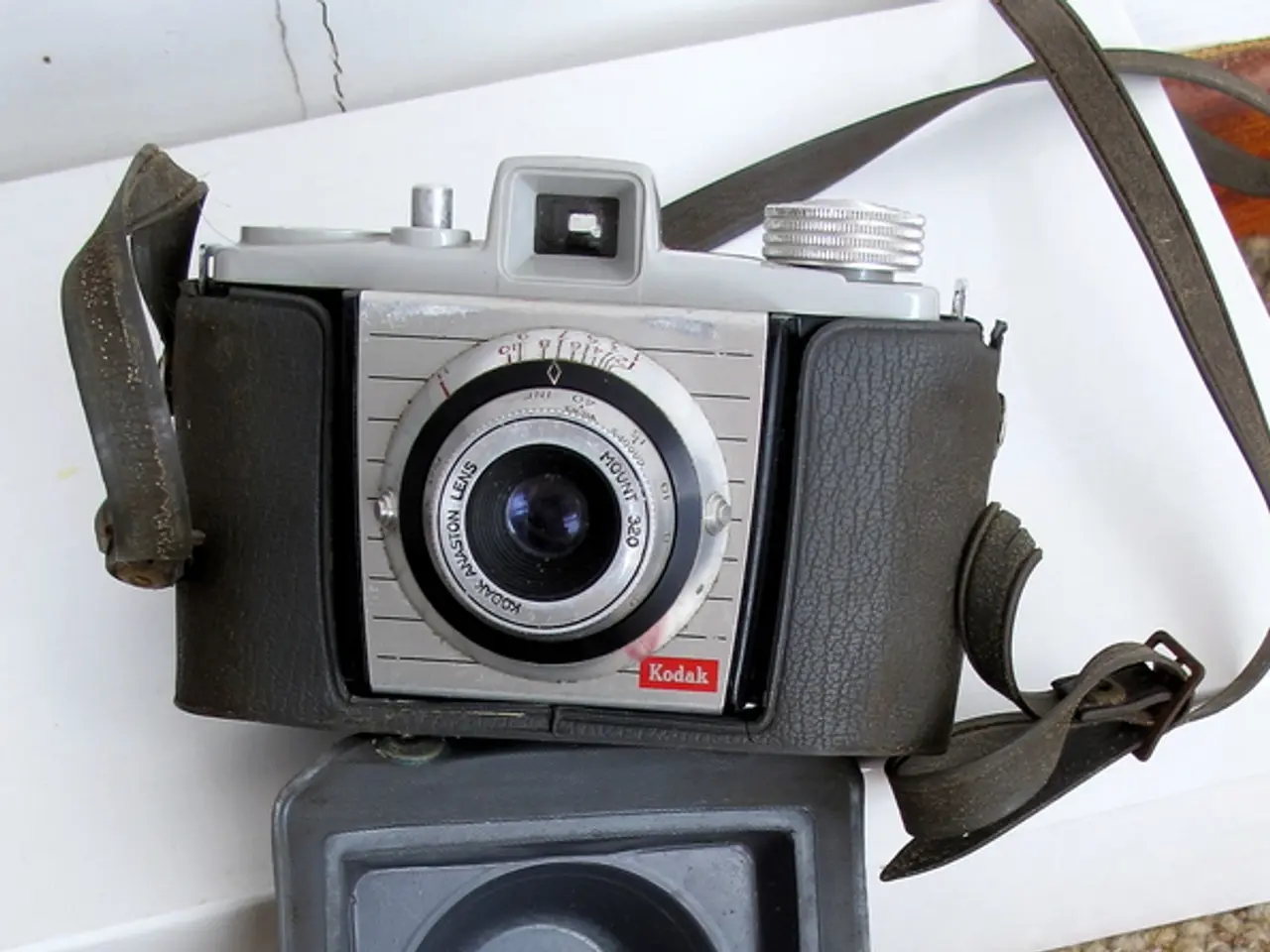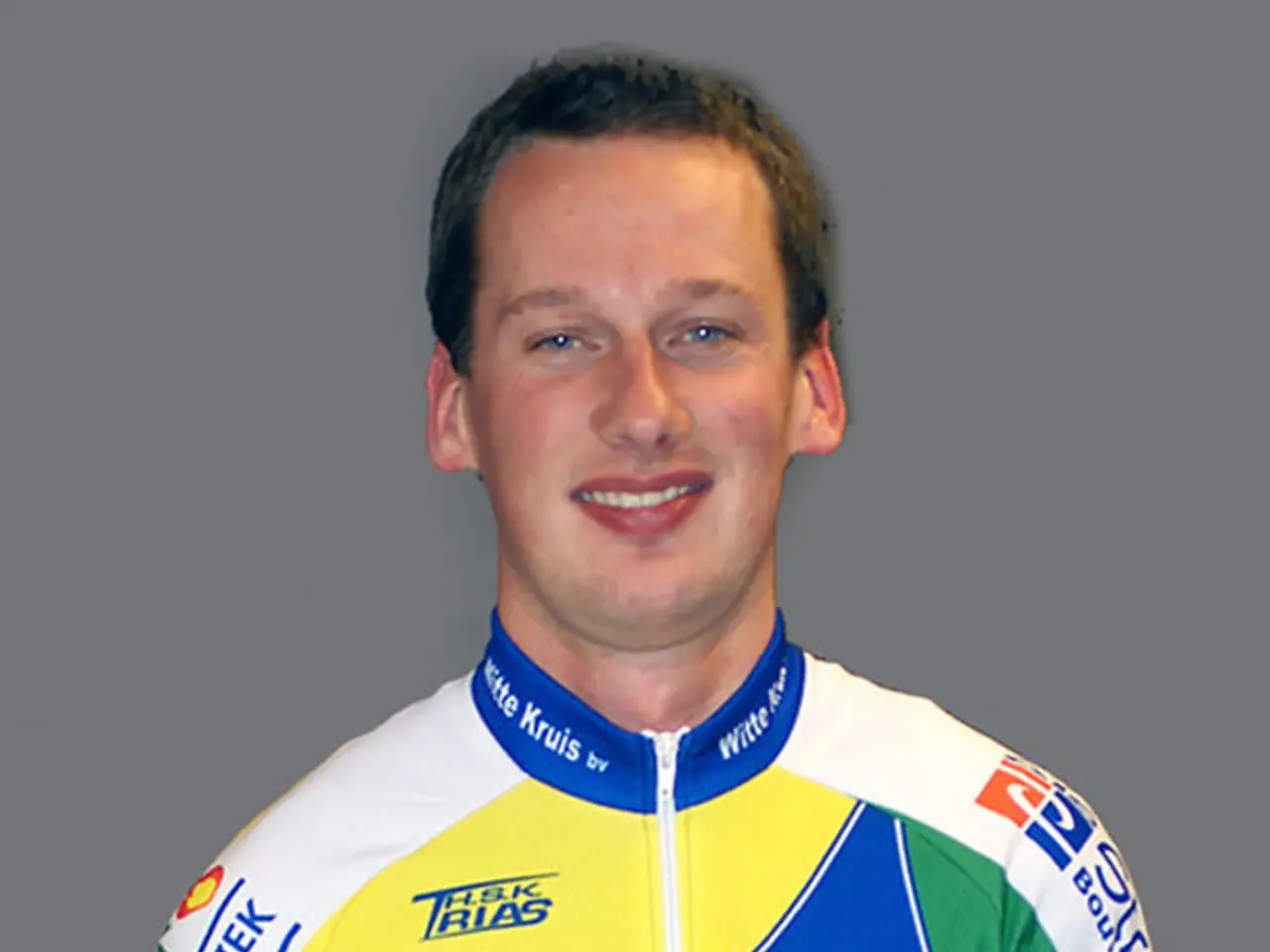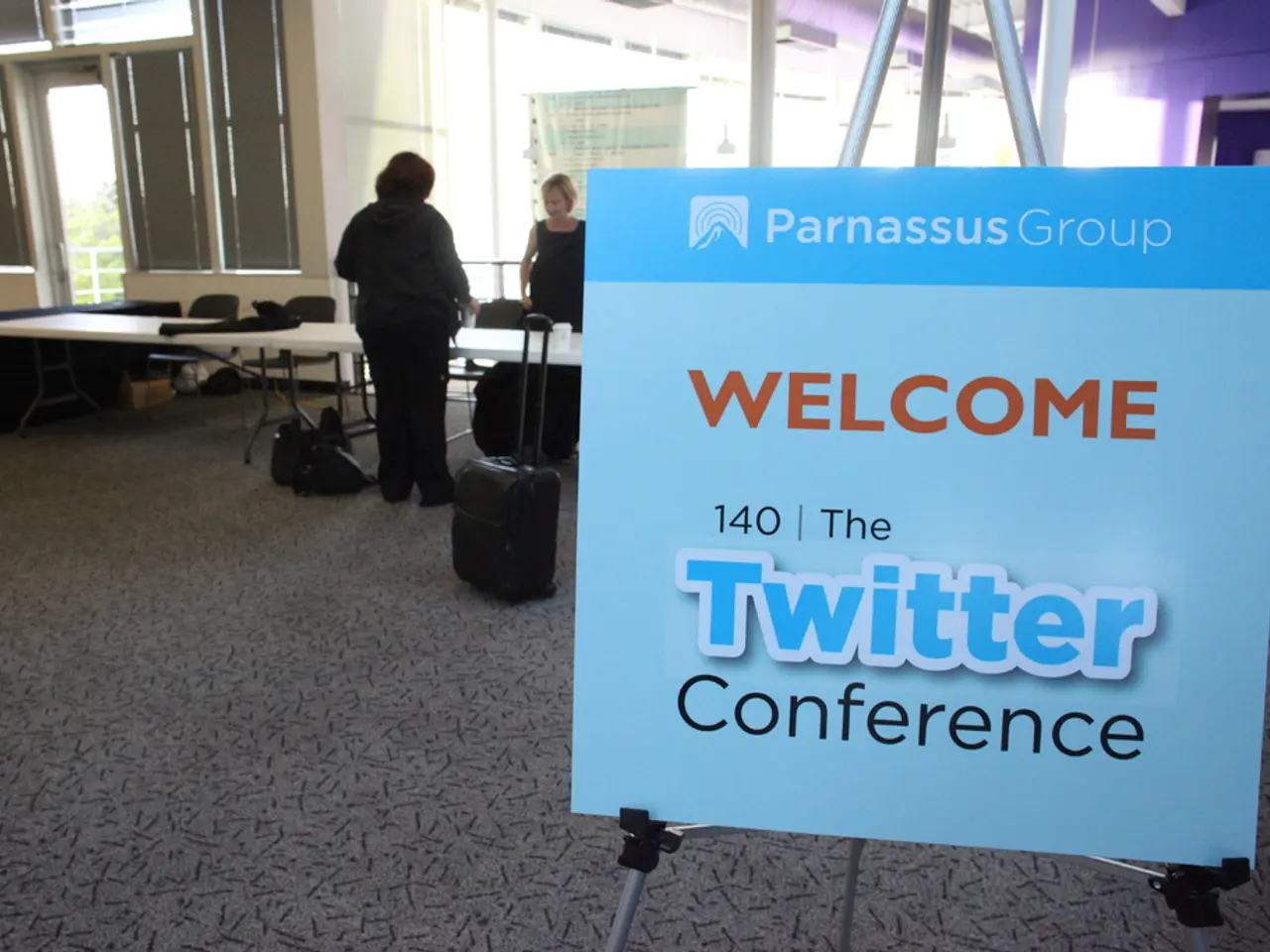Invitation extended for a visit to Latvia for the Indian Minister of External Affairs
India's Foreign Minister, S. Jaishankar, recently held a meeting with Latvia's Foreign Minister, Baiba Braze, on March 18, 2025, during the latter's diplomatic and trade trip to the world's most populous democratic country[1]. The discussions covered a range of topics, including the EU-India Free Trade Agreement (FTA), the security situation in Europe, and the security and prosperity of the Indo-Pacific region[2].
As of mid-2025, the EU-India FTA is on the verge of being concluded by the end of 2025. Both sides, including top leaders such as Indian Prime Minister Narendra Modi and European Commission President Ursula von der Leyen, have committed to this timeline, emphasizing a strong political will to finalize the agreement[1][3][5].
The deal aims to significantly reduce or eliminate tariffs on a wide range of goods and services, which is expected to transform bilateral trade. Key sectors include automobiles, where EU automakers currently face tariffs above 100% in India, with India reportedly considering reducing these to about 10% gradually. The EU also targets large cuts in India’s 150% tariff on wines and spirits[1][3][5].
For India, enhanced export access to the EU market in textiles, leather, gems, and jewellery is a major gain. Around 90% of market access issues have been resolved, though non-tariff barriers remain a sticking point[1][3][5].
While the meeting did not explicitly discuss the possible conclusion of the EU-India FTA, the successful conclusion of the agreement would likely benefit Latvia through expanded market access for Latvian goods and services within India via the EU framework. It would also strengthen Latvia’s diplomatic ties with India, leveraging EU-level platforms like the new Trade and Technology Council established post-2021 negotiations[1][2][3].
Given Latvia’s strategic interest in diversifying its trade and diplomatic networks, the meeting between their foreign ministers in 2025 would presumably focus on aligning bilateral cooperation with the EU-India FTA milestones, exploring sectoral collaborations in technology, trade facilitation, and cultural exchange, and enhancing Latvia’s role in the evolving transatlantic and Indo-European trade dynamics[1][2][3].
In 2024, Latvia's total foreign trade turnover with India was 371.4 million euros. The trade turnover between Latvia and India in 2024 increased by 67.2% compared to 2023. The exports from Latvia to India in 2024 increased by 26.4% compared to 2023, with exports amounting to 58.4 million euros[1].
The meeting also touched upon containing Russia's actions, and the conversation between Brazile and Baiba focused on the developments in Ukraine[2]. The discussions during the trip did not involve a repetition of the topics discussed during Brazile's diplomatic and trade trip to Latvia in the past. No new information about transatlantic relations was provided in the meeting[2].
References: [1] www.indianembassy.lv/news/eu-india-free-trade-agreement-fta-on-the-verge-of-being-concluded-by-the-end-of-2025 [2] www.indianembassy.lv/news/foreign-minister-of-india-s-jaishankar-meets-foreign-minister-of-latvia-baiba-braze [3] www.wto.org/english/news_e/news21_e/spar_14dec21_e.htm [4] www.wto.org/english/news_e/news19_e/wtope_11jan19_e.htm [5] www.wto.org/english/news_e/news22_e/wtope_15dec22_e.htm
- In light of the progress on the EU-India Free Trade Agreement (FTA), it's anticipated that Latvia could potentially expand its market access for goods and services within India through the EU framework, thereby strengthening its diplomatic ties with India.
- Given the strategic importance of diversifying trade and diplomatic networks for Latvia, it's likely that future discussions between the foreign ministers of both countries would focus on aligning bilateral cooperation with the EU-India FTA milestones, exploring opportunities in technology, trade facilitation, and cultural exchange, and enhancing Latvia's role in the evolving transatlantic and Indo-European trade dynamics.
